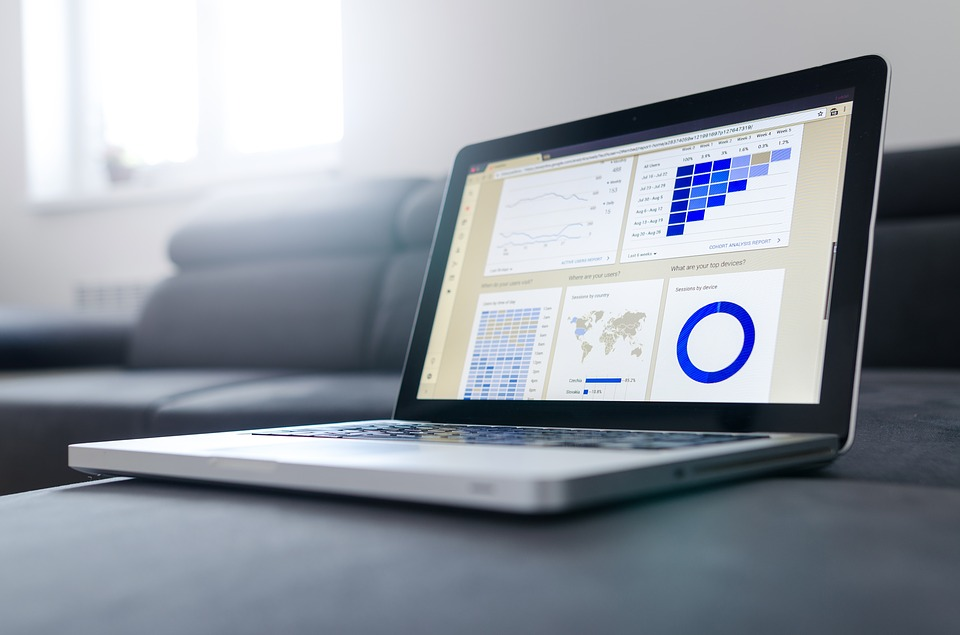By Sarah O’Sullivan.
Although the COVID-19 pandemic has already introduced several challenges for accountants, the 2021 audit season is bringing new ones to the forefront.
Economic and consumer changes disrupted financials and altered business strategy, in many cases, permanently. In fact, 31% of companies reported they were reducing their overall real estate footprint as a result of the pandemic, according to our COVID-19 Lease Impact Report.
Now accounting professionals are reckoning with the impacts of these changes during the 2021 audit and financial reporting season. While accounting for government relief programs like the PPP and discussing material impact of the pandemic on financials and operations will be critical this year, companies should not overlook the significance of major modifications to their lease portfolio, new lease accounting standard compliance, and the need to optimize collaboration and communication in a remote audit environment.
Clarifying Concessions
Office space, storefronts and restaurants spent much of 2020 closed or with lower traffic. In the fall, 31% of companies said they were renegotiating leases for more favorable terms. Another 29% asked for rent concessions. Now that flurry of lease concessions and contract changes due to the pandemic need to be accurately reflected on the balance sheet. While concessions were a short-term solution, finance personnel should be reevaluating their long-term real estate and equipment leasing needs given the market change. Many companies may look to build in more flexibility to their lease arrangements or reduce their overall footprint or exposure. Others see prime opportunity to expand and take advantage of reduced rates or incentives.
No matter the path selected, accountants will need to perform a thorough review and take inventory of all leases, making sure to document and account for changes in terms and concessions. While the Financial Accounting Standards Board (FASB) issued a question-and-answer document in April 2020 aimed at reducing the burden on accounting for rent concessions, clear documentation and compliant reporting will still be essential.
Continuing Focus on Lease Compliance
The FASB’s new lease accounting guidance (Accounting Standards Codification Topic 842 Leases) has been in effect for public companies since 2019, but the impacts on both the balance sheet and audit process remain. The new standard tracks operating leases as liabilities for the first time, skyrocketing average lease liabilities on the balance sheet nearly 15x in the first year.
Auditors will feel this significant impact as well. In fact, last year, half of public companies reported that additional effort was devoted to their audit due to the lease accounting transition. It will be necessary to design new testing procedures to address risks, ensure proper adoption of the new standard as well as continued correct application and accounting in subsequent periods.
Last year, the FASB extended private companies’ compliance to January 2022, allowing them more time to prepare for the remote auditing process which requires time, resources, staffing and technology. After a reprieve in the deadline, private companies should now be full throttle ahead in planning for implementation. Accounting professionals should work closely with internal teams and auditors to begin the process now in order to ensure on-time compliance and also reduce burdens and issues during the next audit.
Working with auditors to better understand the organization’s current lease accounting processes and ASC 842 implementation plans is more critical now than in the past. In addition to the resources, tools and technology companies need to comply with the new standard, companies will also benefit from additional time to be trained and educated. Issues such as how to identify embedded leases, which can hide in contracts and cause significant issues if missed, present a crucial opportunity for coaching. Private companies can learn from the mistakes of public companies—44% said their auditor had no involvement in the transition process, which is a missed opportunity for optimization and a more streamlined audit on the other side.
Collaborating in a Remote Setting That’s Here to Stay
Many companies have been working in a remote environment for most of the past year, but that does not mean their processes have caught up. Some auditors may find paper lease agreements that aren’t accessible via a cloud system or breakdowns in communication that could cause additional challenges.
While vaccine distribution offers more of a return to normalcy in the near-term, the old ways of working will not revert back. Accountants should focus on building new best practices and enhancing communication and collaboration across teams and with auditors with the assumption that remote work and remote audits are here to stay.
When it comes to proper lease management, organizations should be proactive in starting cross-departmental collaboration with accounting and finance teams on lease agreements in order to mitigate risk. For example, some departments like procurement and IT may directly manage contracts, creating the risk for overlooked changes or missed embedded leases if not properly communicated to the accounting team.
Accountants should create internal controls and establish a central, cloud-based location to store all leases to remain organized and transparent for compliance and auditing.
Considering What’s Next
After a year where survival and resilience drove decision-making, it may be tempting to regard lease accounting and changes to the audit as lower-level priorities. However, both should be critical factors in long-term planning and in establishing new processes for better business insight.
While new standard implementation and audit process updates can be complex and time-consuming, they can also bring greater visibility into leases, value, financial health and even unlock hidden liquidity—which has never been more critical.
==========
Sarah O’Sullivan is an Accounting Director at LeaseQuery, a purpose-built, CPA-approved lease accounting software solution for the most comprehensive regulatory reform in 40 years. For more information, visit LeaseQuery.com.
Thanks for reading CPA Practice Advisor!
Subscribe Already registered? Log In
Need more information? Read the FAQs




